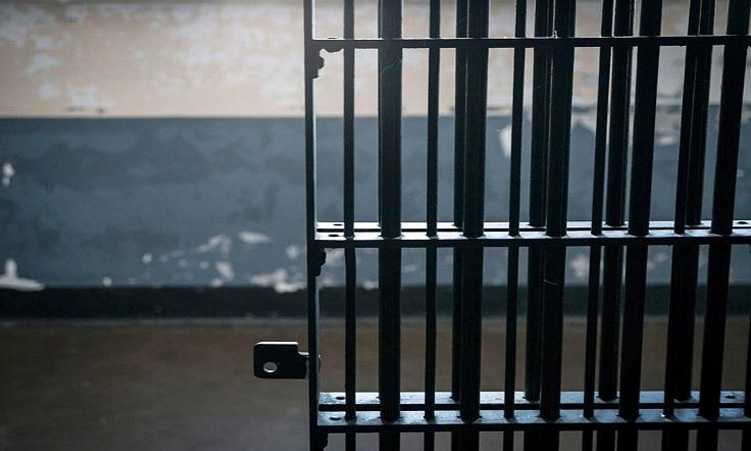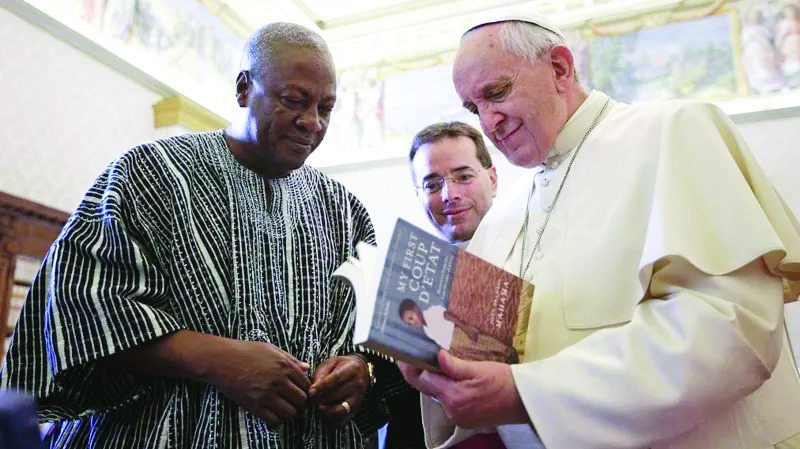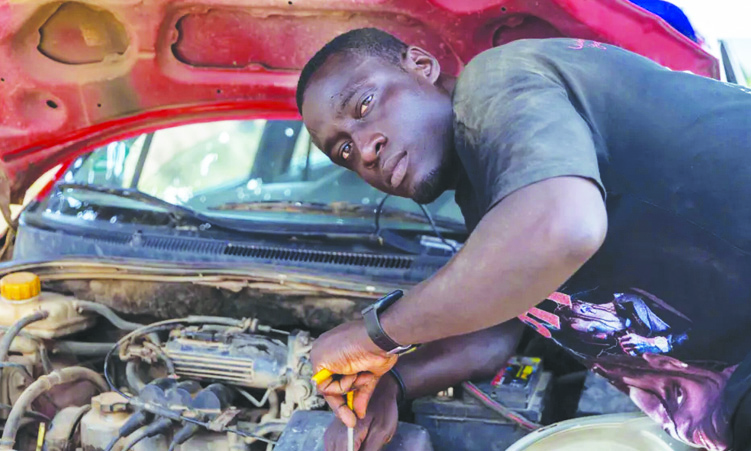Global commitments to reduce poverty and improve lives cannot be reached unless the international community makes urgent progress towards controlling the arms trade, according to a new report released by international aid agency Oxfam.
The report ‘Shooting Down the MDGs’, says many countries will not reach their Millennium Development Goals because of irresponsible arms sales. It shows these cause damage far beyond the immediate effects of stoking conflict and armed violence.Many countries allow weapons sales without considering the potential impact on poverty.Some governments also buy arms at a high cost, putting them into debt and squeezing the amounts of money left to fight poverty.The lack of transparency and accountability in the arms trade means it is easily open to corruption and waste, again draining countries of money that could be used to improve ordinary people’s lives.An international Arms Trade Treaty, which is at a crucial stage in the United Nations, should include powers to stop an arms transfer which would put development at risk.Jeremy Hobbs, head of Oxfam International, said: “The Millennium Development Goals are the basic targets for ensuring our fellow human beings can live decently.Many countries are failing to meet those goals, and the uncontrolled arms trade is one of the reasons why.”As well as prolonging and intensifying conflicts, the poorly regulated arms trade causes huge levels of waste, corruption and debt.This is money that is unlikely to be providing security and could be used instead for hospitals, schools and infrastructure.”A global problem needs a global solution.The arms trade is out of control, and in urgent need of regulation.An Arms Trade Treaty is necessary and entirely possible.All that is needed is political will.”Oxfam’s new report shows the link between armed conflict, irresponsible weapons sales and development failures.Two-thirds of the countries most likely to miss the Millennium Development Goals are in conflict or emerging from conflict.Countries such as Burundi, which do not produce arms, are significantly affected by arms transferred or smuggled in from abroad.These have continued to flow even as civil wars have killed people and destroyed basic infrastructure.As a result, Burundi is not on track to meet any of the Millennium Development Goals.Other countries have increased their national debt by making excessive arms purchases, or wasted money in the corruption which can easily surround arms deals.Often military spending is hidden from public or even civilian government scrutiny, leading to inefficiency and reducing the funds available for development.Turkey continues to increase its national debt by buying arms – possibly as high as $15,8 billion since 2000 when the Millennium Development Goals were first agreed.As a result its national budget is very tight and work to improve social welfare and reduce poverty has been hit.- Nampa-SapaIt shows these cause damage far beyond the immediate effects of stoking conflict and armed violence.Many countries allow weapons sales without considering the potential impact on poverty.Some governments also buy arms at a high cost, putting them into debt and squeezing the amounts of money left to fight poverty.The lack of transparency and accountability in the arms trade means it is easily open to corruption and waste, again draining countries of money that could be used to improve ordinary people’s lives.An international Arms Trade Treaty, which is at a crucial stage in the United Nations, should include powers to stop an arms transfer which would put development at risk.Jeremy Hobbs, head of Oxfam International, said: “The Millennium Development Goals are the basic targets for ensuring our fellow human beings can live decently.Many countries are failing to meet those goals, and the uncontrolled arms trade is one of the reasons why.”As well as prolonging and intensifying conflicts, the poorly regulated arms trade causes huge levels of waste, corruption and debt.This is money that is unlikely to be providing security and could be used instead for hospitals, schools and infrastructure.”A global problem needs a global solution.The arms trade is out of control, and in urgent need of regulation.An Arms Trade Treaty is necessary and entirely possible.All that is needed is political will.”Oxfam’s new report shows the link between armed conflict, irresponsible weapons sales and development failures.Two-thirds of the countries most likely to miss the Millennium Development Goals are in conflict or emerging from conflict.Countries such as Burundi, which do not produce arms, are significantly affected by arms transferred or smuggled in from abroad.These have continued to flow even as civil wars have killed people and destroyed basic infrastructure.As a result, Burundi is not on track to meet any of the Millennium Development Goals.Other countries have increased their national debt by making excessive arms purchases, or wasted money in the corruption which can easily surround arms deals.Often military spending is hidden from public or even civilian government scrutiny, leading to inefficiency and reducing the funds available for development.Turkey continues to increase its national debt by buying arms – possibly as high as $15,8 billion since 2000 when the Millennium Development Goals were first agreed.As a result its national budget is very tight and work to improve social welfare and reduce poverty has been hit.- Nampa-Sapa
Stay informed with The Namibian – your source for credible journalism. Get in-depth reporting and opinions for
only N$85 a month. Invest in journalism, invest in democracy –
Subscribe Now!






